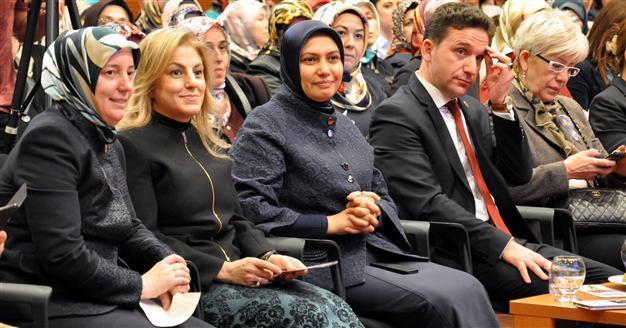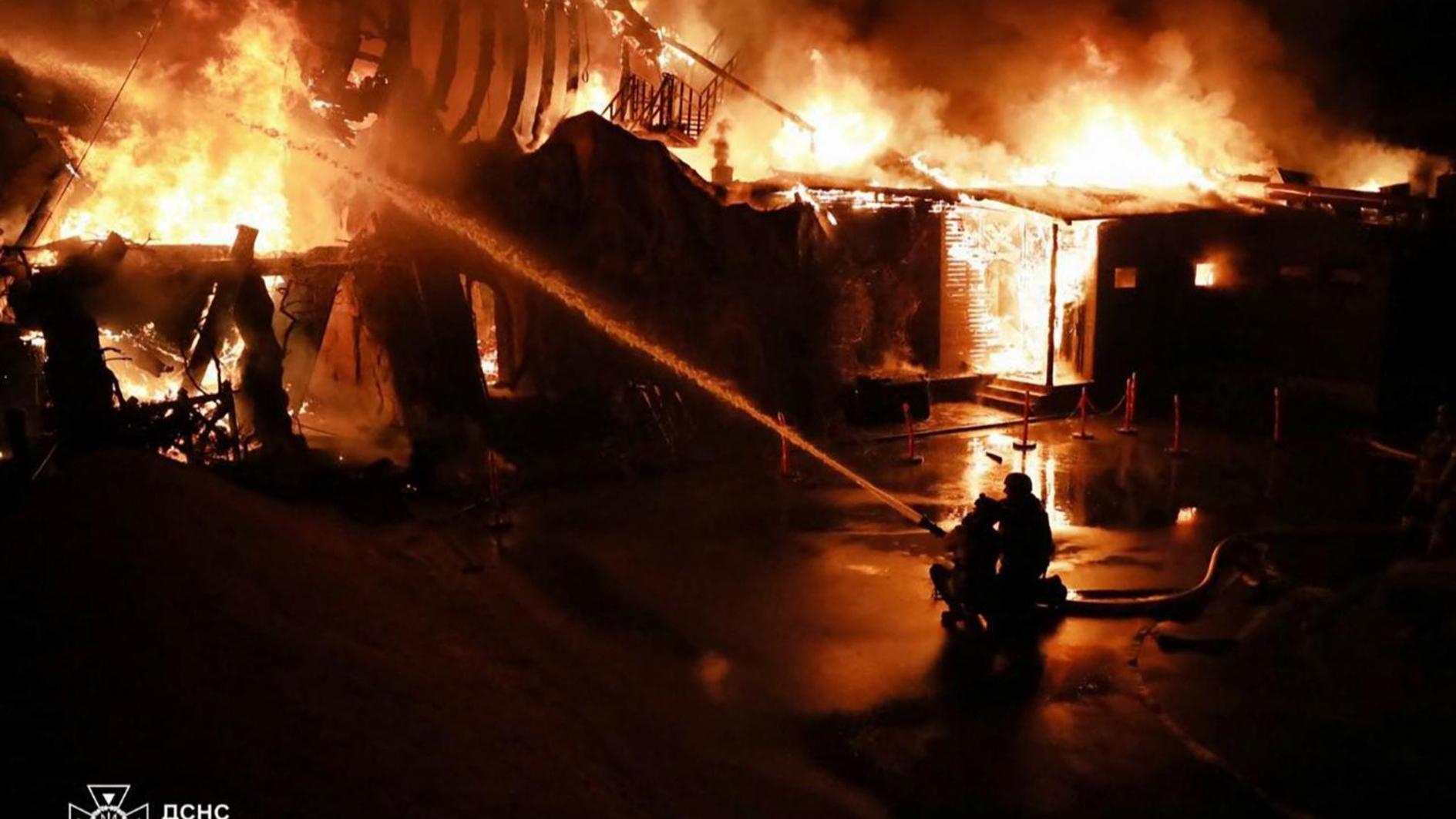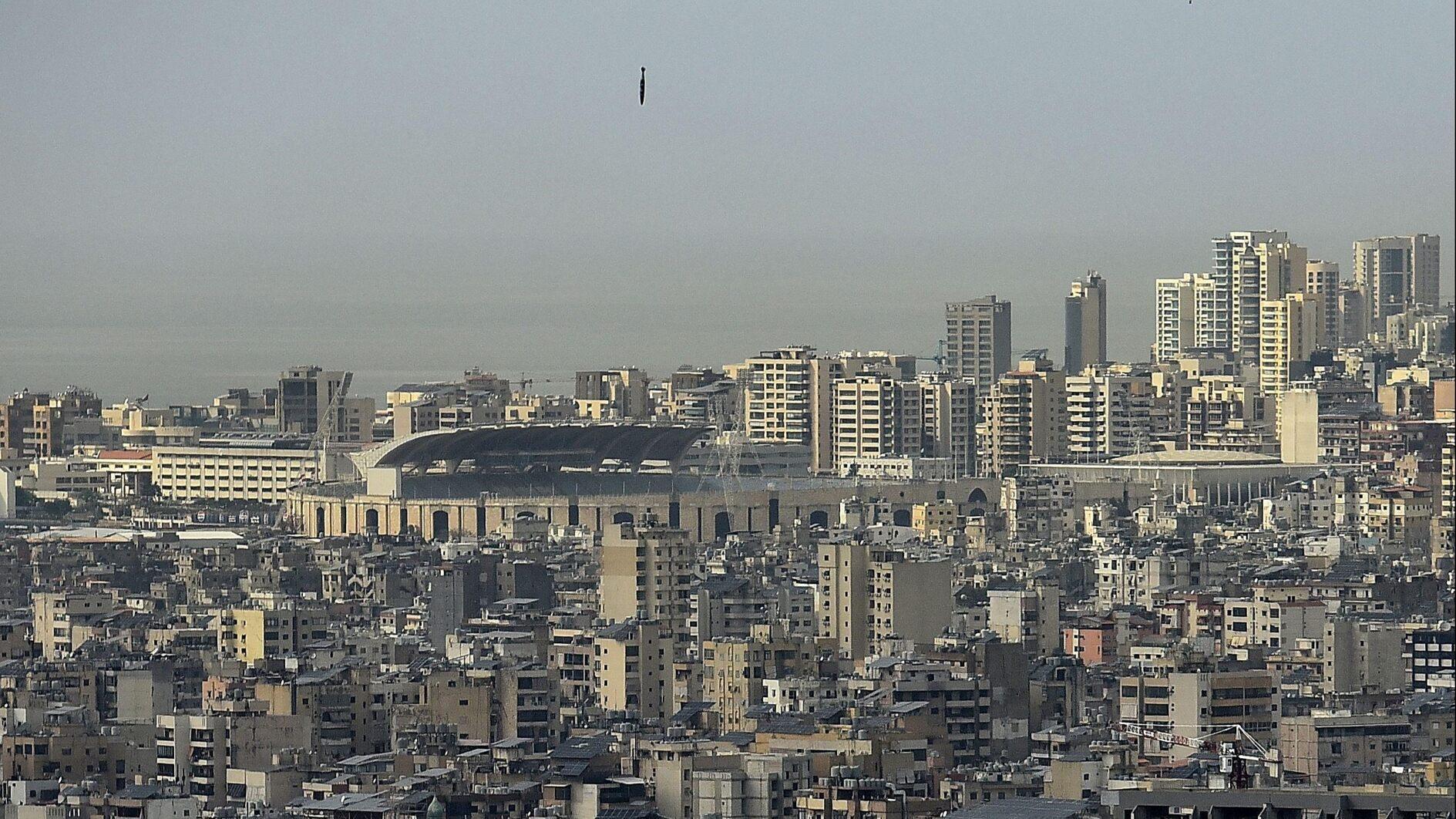Turkey failing to improve on gender equality, NGO says
ISTANBUL

The rate of female deputies was 4.6 percent in 1935 in the Turkish Parliament, the report said. This rate only increased to 14.3 percent after the 2011 general elections.
Turkey failed to improve its gender equality statistics in many areas over the past year, the Association for the Support and Training of Women Candidates (KA.DER) has said in a recent report.Turkey ranked 120th out of 136 countries in the Gender Gap Index in 2013 while also finished 103rd in terms of women’s participation in politics.
KA.DER gives Turkey a report card on gender equality every year. The NGO said in a statement released on its website that Turkey failed to pass in many areas in its 2013 report card.
The rate of female deputies was 4.6 percent in 1935 in the Turkish Parliament, it said, noting that this rate had begun to fall until the 2007 general elections, when it increased to 9.1 percent. In the 2011 elections, 14.3 percent of those elected to Parliament were women, but the figure is still low in comparison to many European countries.
Violence against women continued in 2013, when 214 women were killed by men across the country, said KA.DER.
“Our student [Turkey] is not successful in creating equal representation, which is necessary for democracy,” said the report card. “The necessary steps that will take Turkey to the rankings that it deserves are not being taken. Our student is failing to achieve its potential.”
KA.DER said only four female mayors were elected in the March 30 local elections – in Gaziantep, Aydın, Diyarbakır and Hakkari – although a number of women were elected as co-mayors from the Peace and Democracy Party (BDP) in areas populated by Kurds.
There is only one female undersecretary out of a total of 26 undersecretaries working in the ministries, it said, adding that just one of 81 governors was a woman.
The female presence is also low in critical judicial positions. All key judicial institutions such as the Supreme Court of Appeals, the Constitutional Court, the Supreme Election Board (YSK), the High Council of Judges and Prosecutors (HSYK), the Military Court of Appeal and the Supreme Court of Accounts, are headed by men, while only the Council of State is headed by a woman. Furthermore, there are just 14 female rectors in charge of the 176 universities across the country, KA.DER said.
















